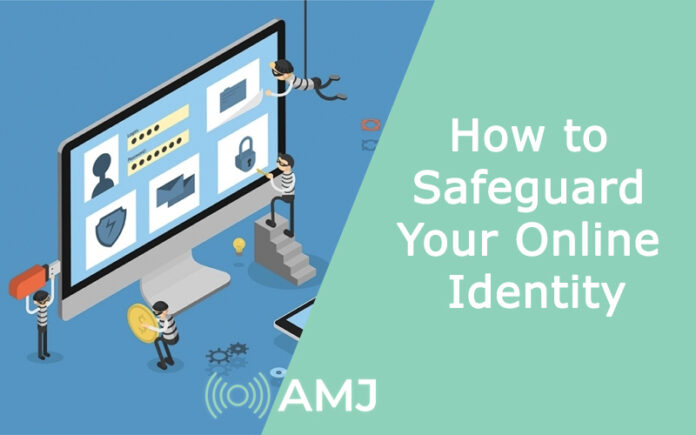
Making straightforward adjustments to your devices and accounts may help keep your data safe from unauthorized access and your privacy intact when you don’t want it shared. You can jump right in.
Consumers, families, and individuals may find a wealth of resources on the best ways to use the Internet safely, including how to create and use strong passwords, secure personal computers, laptops, and mobile devices against hackers, malware, and other dangers, and more. We’ve compiled a short list of recommendations to help you better safeguard your identity and personal data when using the Internet.
Contents
Create Secure Passwords
Developing formidable passwords is the standard practice for shielding one’s online persona. Pick a password that won’t be readily guessed when you need to log in, and know how often you should change your password. To prevent unauthorized access to your account, choose a password that consists of a random string of letters, numbers, and symbols and uses both uppercase and lowercase characters. Your password is private information that should be kept that way.
Data Backup
Make sure you have a backup of your data somewhere safe, whether on the cloud or an external hard drive. To put it another way, this lessens the likelihood of ransomware attacks in which hackers demand money in exchange for releasing your data, just like when simply playing an Online Game. Personal information acquired by gaming firms is used in the same ways as it is used while a player is playing an online game: to tailor in-game advertisements to a player’s preferences. Games that only store saved data locally require regular backups to prevent the loss of work hours.
Always Use an Encrypted Connection
Check the address bar at the top of your browser. Observe the little lock off to the left. It indicates that the site employs some form of secure communication. Sharing information via these platforms is risk-free. When you visit an unencrypted website, you risk having your personal information stolen.
It is not a big deal if you’re watching a game or reading a blog piece. However, entering sensitive information such as passwords or credit card numbers might become dangerous. Make sure you have the added security measures of the cloud if you save data there. Protect yourself further by using a virtual private network (VPN) that encrypts and conceals your online activity—just like in gaming, using a virtual private network (VPN) for gaming can help you in multiple ways by encrypting your internet connection and hiding your IP address. It can include granting access to different servers or even protecting you against DDoS attacks when playing Origin games, such as The Sims 4, a social simulation game. It is the fourth main product in The Sims series and the sequel to The Sims 3 and Star Wars: Battlefront, a series of first-person and third-person shooter video games based on the Star Wars brand.
Even if you play at the best online casinos, it is still suggested that you use a virtual private network (VPN) that provides you with privacy and anonymity. In many regions, you won’t be able to access any online casino since ISPs censor gambling content, such as in the Asian an Arab countries. Once you sign up for a VPN service and establish a private connection, you may use the Internet without being tracked. Playing at an online casino for real money will not be revealed to anybody, as mentioned on the website, which also includes a comprehensive analysis of the leading operators’ services and features.
Although privacy settings help you control how much information about yourself is made public, you should still be cautious about what you share. Hackers can access your Instagram, bank account, and more by using information about you to answer the difficult questions on your numerous accounts. Keep your personal information secure by never disclosing sensitive data like your SSN, home address, mobile number, PIN, or bank details online.
Beware of Phishing Attacks
Numerous techniques are employed by identity thieves who use phishing schemes to collect sensitive information. There are numerous variations of phishing scams, but learning to spot them is the first step in protecting yourself and your information online. Never click on an insecure link in an unsolicited email or open an attachment from an unknown source to avoid a phishing scam. Be wary of anybody who approaches you with an offer of money, a job you’ve never heard of, or a request for a charitable contribution; they may be part of a scheme to steal your details or online identity.












![Index of Money Heist [Season 1, 2, 3 & 4 – All Episodes, Cast and Plot] Index of Money Heist](https://www.asiamediajournal.com/wp-content/uploads/2021/05/Index-of-Money-Heist-3-100x70.jpg)